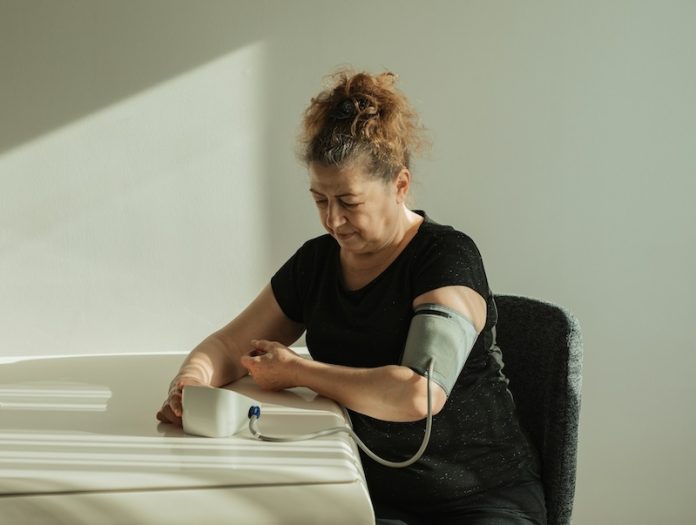
A drug commonly used to treat high blood pressure, nifedipine, may pose more risks than previously thought, according to a recent study by the European Sudden Cardiac Arrest network. Researchers have found a possible link between this medication and sudden cardiac arrest, a life-threatening condition where the heart suddenly stops beating.
What Is Sudden Cardiac Arrest?
Sudden cardiac arrest is a serious and unexpected event. It happens when the heart’s electrical system malfunctions, causing it to stop pumping blood. Without immediate medical attention, it can be fatal. It is responsible for nearly half of all heart-related deaths in Europe and accounts for one-fifth of all natural deaths.
When someone experiences sudden cardiac arrest, they may collapse, stop breathing, or lose consciousness within moments. Some people report chest pain, difficulty breathing, or nausea before it happens. Recognizing these warning signs is critical because quick medical intervention can save lives.
What Did the Study Find?
To understand whether high blood pressure drugs could be linked to sudden cardiac arrest, researchers examined two widely used medications: nifedipine and amlodipine.
The study included 2,503 patients who had experienced sudden cardiac arrest and compared them to 10,543 healthy individuals in the Netherlands. The results were surprising:
- People taking a high dose of nifedipine (60 mg per day) had a higher risk of sudden cardiac arrest.
- Those taking amlodipine did not show the same risk.
To make sure these findings weren’t a coincidence, the researchers checked data from Denmark’s Cardiac Arrest Registry. The results were similar—confirming that high doses of nifedipine may increase the risk of sudden cardiac arrest.
This is an important discovery because nifedipine has been used for decades to help manage high blood pressure and heart disease. Until now, this potential risk had not been identified, possibly because sudden cardiac arrest happens so quickly and is difficult to study.
What Should Patients Do?
If you take nifedipine, don’t stop your medication without consulting a doctor. The study does not mean that everyone using the drug is at immediate risk. However, it does suggest that patients and doctors should be cautious, particularly with high doses of nifedipine.
The researchers stress that more studies are needed before making any official changes to treatment guidelines. But in the meantime, it’s a good idea to have a discussion with your doctor about alternative options if you are concerned.
Why Managing High Blood Pressure Matters
High blood pressure, or hypertension, is a common condition where blood pushes too forcefully against artery walls. If left untreated, it can lead to heart disease, stroke, and kidney failure.
Doctors often prescribe medications like nifedipine and amlodipine to help control blood pressure. But lifestyle changesare just as important. Eating a healthy diet, exercising regularly, managing stress, and reducing salt intake can all help keep blood pressure in check.
Final Thoughts
This study raises important questions about the safety of high doses of nifedipine. While more research is needed, patients should stay informed and have open conversations with their doctors about the benefits and risks of their medications.
Understanding potential side effects is a crucial part of managing health conditions like high blood pressure. With careful monitoring and the right treatment approach, people can reduce their risk of complications, including sudden cardiac arrest.
If you care about blood pressure, please read studies about unhealthy habits that could increase high blood pressure risk, and people with severe high blood pressure should reduce coffee intake.
For more information about blood pressure, please see recent studies that early time-restricted eating could help improve blood pressure, and results showing plant-based foods could benefit people with high blood pressure.
Copyright © 2025 Knowridge Science Report. All rights reserved.



